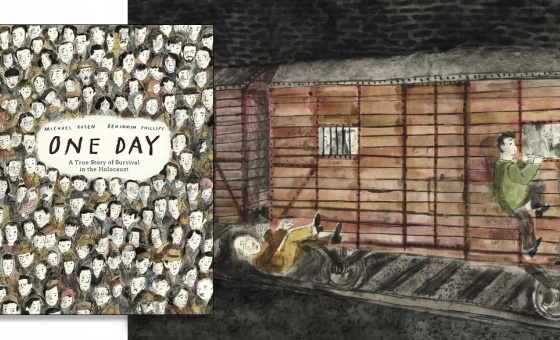THE CONSERVATIVE clampdown on allegedly “low-skilled” immigrants is a clear bid to divide working-class communities.
It is presented as a bid to help British workers, and bosses’ ability to undercut pay and conditions by bringing in cheap labour has been a key factor in creating the “bargain-basement” economy, dominated by insecure work and poverty pay, that we see around us.
Labour long presented this as the risk presented by a Tory Brexit, but its appeal to the supposed protections afforded by the EU rang hollow when workers in sectors from construction to hospitality and from fast food to higher education were already seeing their pay squeezed, their hours varied from week to week, their supposed rights to securities such as sick- and holiday-pay rendered void by a variety of dodgy employment models.
But it would be naive to believe that a Tory attack on “low-skilled” immigrants will assist the fight against any of this.
The Conservatives have presided over the explosion in zero-hours contracts and increased the restrictions on trade unions whose bargaining power is the key to raising pay.
As Unite’s Diana Holland warns, a total failure to police standards – “an employer can expect a visit [from Labour Market Enforcement] once every 500 years” – is responsible for the appalling exploitation and abuse of workers across many sectors, particularly in areas with high proportions of immigrant labour.
Their supposed concern that immigrants speak English also reeks of hypocrisy, when Tory governments over the past decade slashed more than £100 million from Esol (English for speakers of other languages) courses, reducing funding by over half as part of their generalised assault on adult education. As Labour’s Diane Abbott warns, the measure is more likely to be seen as dog-whistle racism than an attempt to improve skills – especially coming as the government’s commitment to the “hostile environment” has been highlighted by its indifference to the lives or welfare of residents deported or threatened with deportation in the Jamaica 50 case.
Nor is the government’s advice to employers to invest in automation to replace cheap labour likely to presage anything good for workers born in this country.
While certain exemptions have been temporarily granted to agribusiness, whole sectors – social care being one – will be plunged into uncertainty, since they employ large numbers of immigrant workers on very low wages, meaning they are likely to fall outside Patel’s definition of “skilled.”
Yawning gaps in the minister’s announcement could well be loopholes for employers to exploit. Immigration status tied to a set wage raises questions about what happens when a worker loses their job. This is likely to give bosses even more of a whip hand to super-exploit foreign workers, as is vagueness over the status of families and dependants.
This makes it essential that the labour movement responds to this attack on a class basis, rejecting attempts to set workers against each other and prioritising our united fight for better wages and conditions.
Posing as champions of the EU’s free movement model is likely to alienate as many people as it appeals to, since the government has shrewdly pointed out that when the new system kicks in non-EU immigrants will no longer be at an automatic disadvantage, something likely to appeal to established south Asian and West Indian communities among others.
Echoing the dismay of business owners who doubt their ability to recruit here risks a tacit endorsement of a business model based on rock-bottom wages, which our movement emphatically rejects. Adopting the priorities of certain capitalist employers was a fatal mistake made over the EU which cost Labour the last election; if continued it will further isolate the left.
The socialist left must fight for the rights of all workers and an understanding of our common interests against capital, an understanding best developed by trade-union membership.









